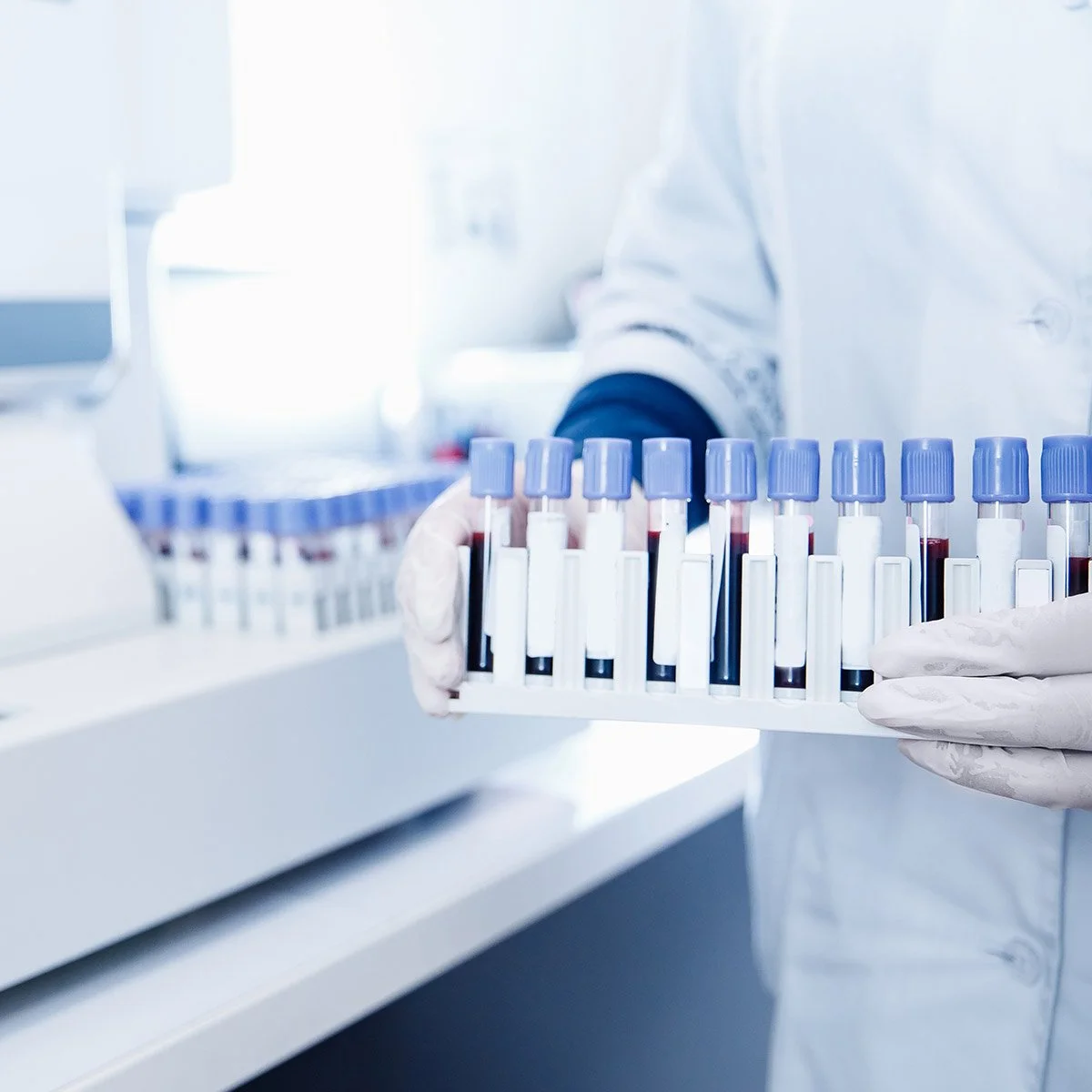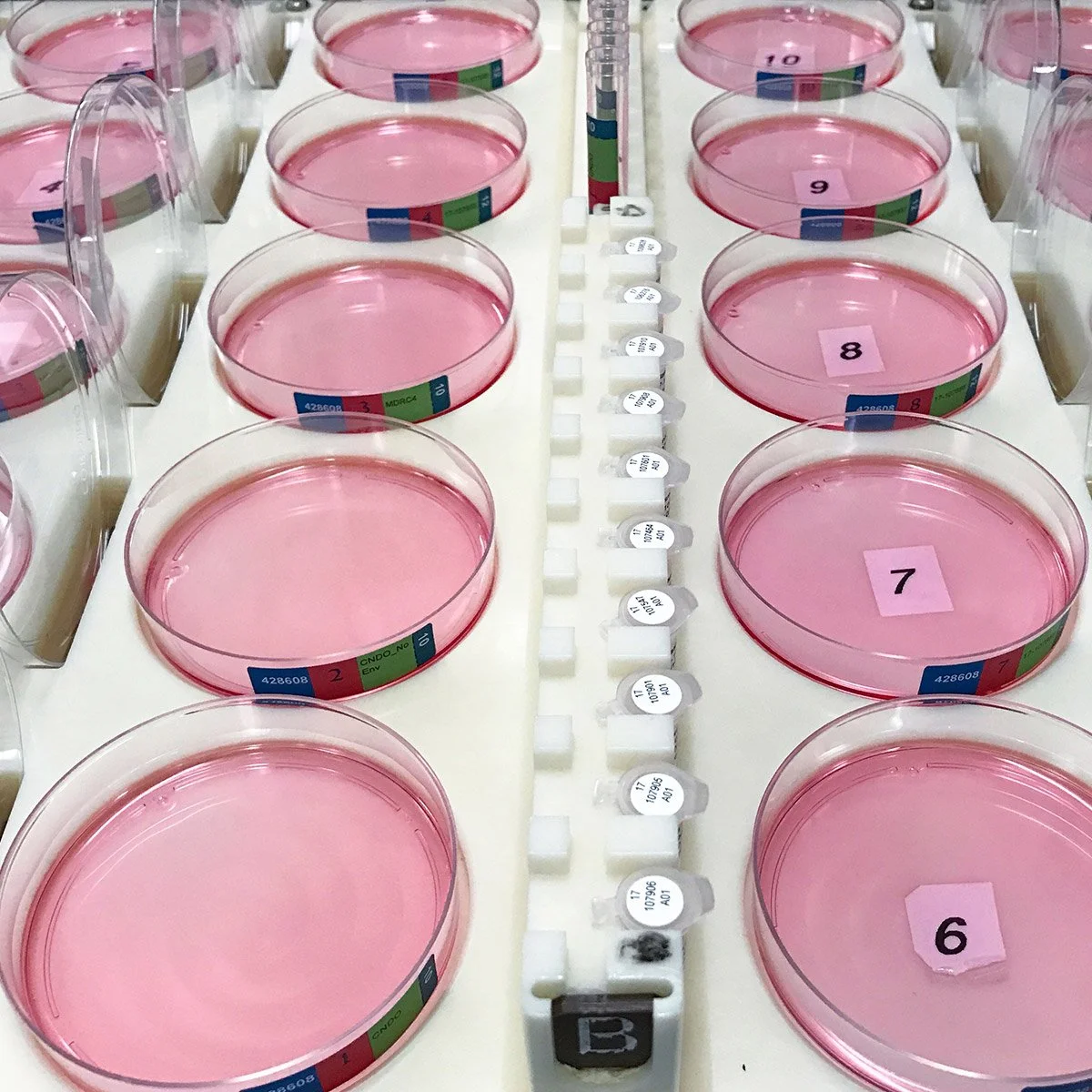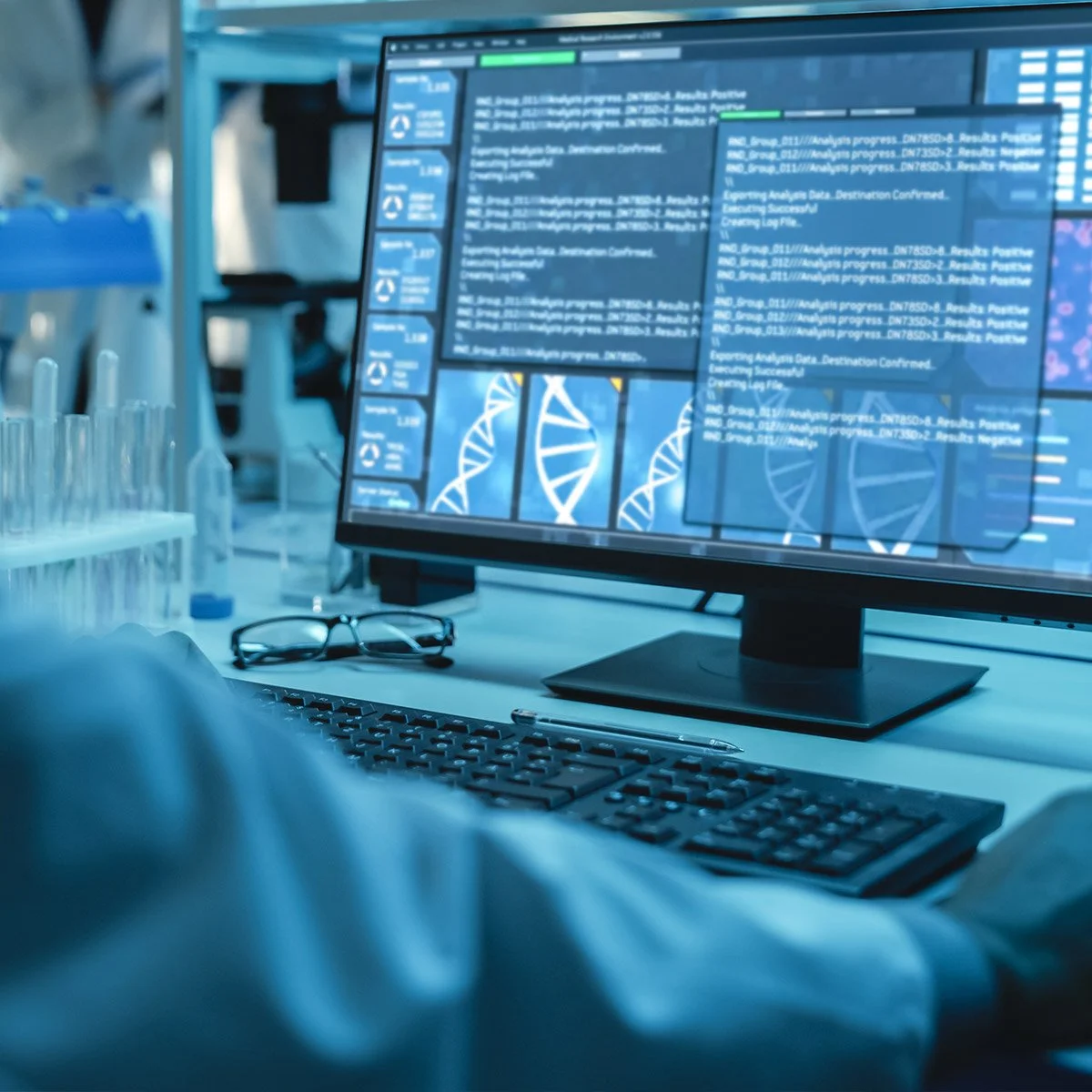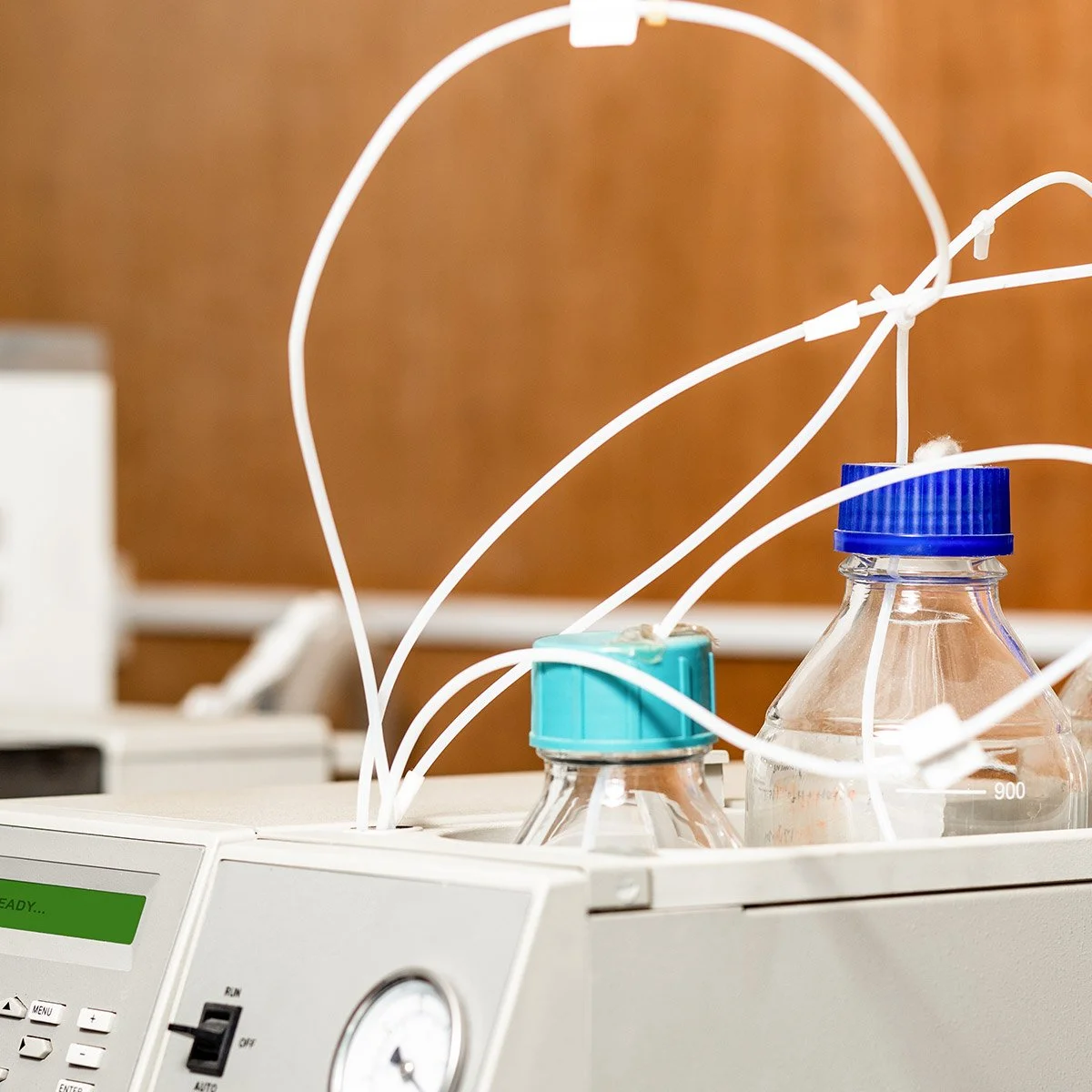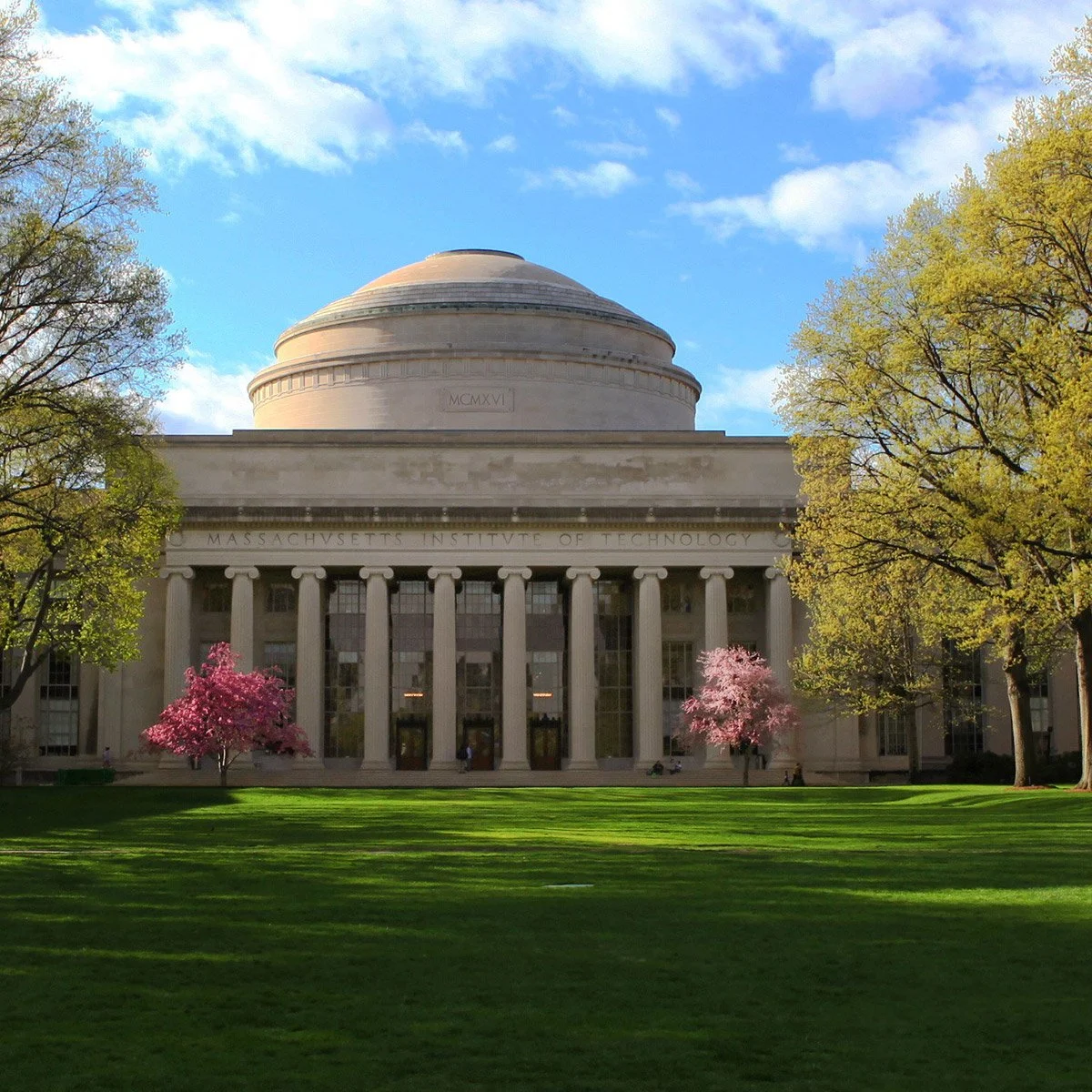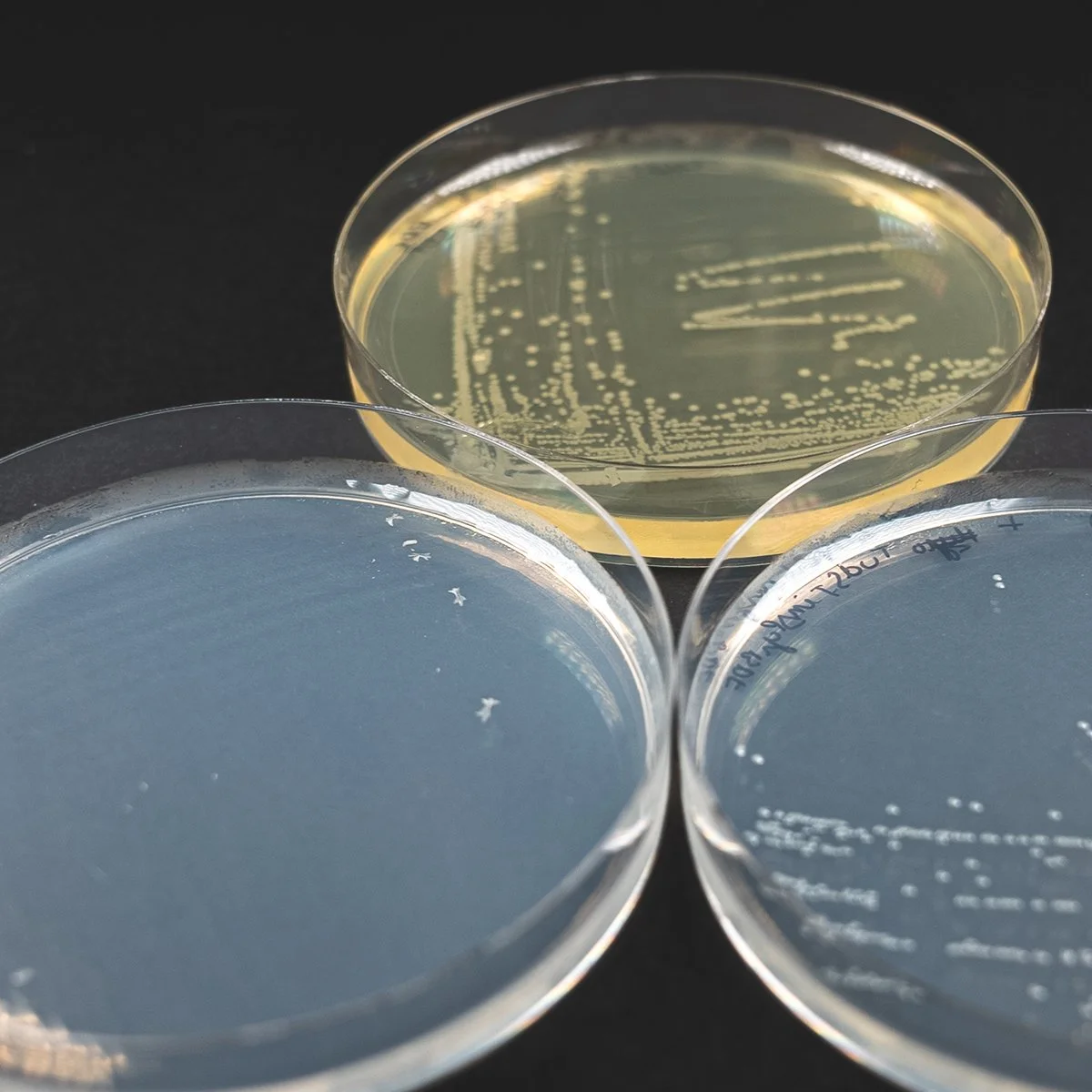What news was shared during the “Go Green in 2019!” panel discussion?
First off, people were fired up during the panel discussion. It was terrific. The audience and panelists critically examined typical lab practices and the effectiveness of ways to reduce waste. This is a great podcast to listen to over lunch. You can also read the full transcript of the green symposium podcast on the New England Biolabs web site, which includes helpful links to the resources mentioned.
The group directly addressed problems seen in lab facilities due to the 2018 China recycling import ban. By talking openly about this problem, it was discovered that different Massachusetts waste hauling companies had different bans in place. Some waste haulers are still recycling plastics and some are not. The availability of recycling for each type of material is also varying state to state in the U.S.. The expert panelists emphasized that the best thing scientists can do now, is to use vendor single stream recycling options, and to strictly follow your facility recycling guidelines. (See: LIST OF 10 LIFE SCIENCE LAB SUPPLIERS WITH RECYCLING SERVICES FOR END USERS ) Surprisingly, the biggest contaminator of single stream waste coming from labs is plastic bags! New state regulations that were mentioned at this event are now taking effect. Panelist Ali Safavi noted the upside of the China import ban. The reality of this challenge has created awareness.
The panel delivered great points on lab sustainability actions that are sure bets. Everyone was encouraged to to use sustainability professionals as resources to save energy and share supplies and lab equipment. Folks were encouraged to look upstream on the vendor's side, before it even gets to labs, ( i.e. green design and the ACT Label). Scientists were asked to be open to using new waste reduction technology. Finally, researchers were encouraged to report all sustainability actions in BETR grant applications to the NSF and the NIH, to raise even greater awareness.
Other fascinating stories in Lessons from Lab & Life podcasts
Click on the images below for more fascinating interviews in the New England Biolabs podcasts about The Biota Project to highlight neglected ecosystems, the microbial artwork at the Harvard museum of Natural History and about an entomologist doing genomics in the jungle.




